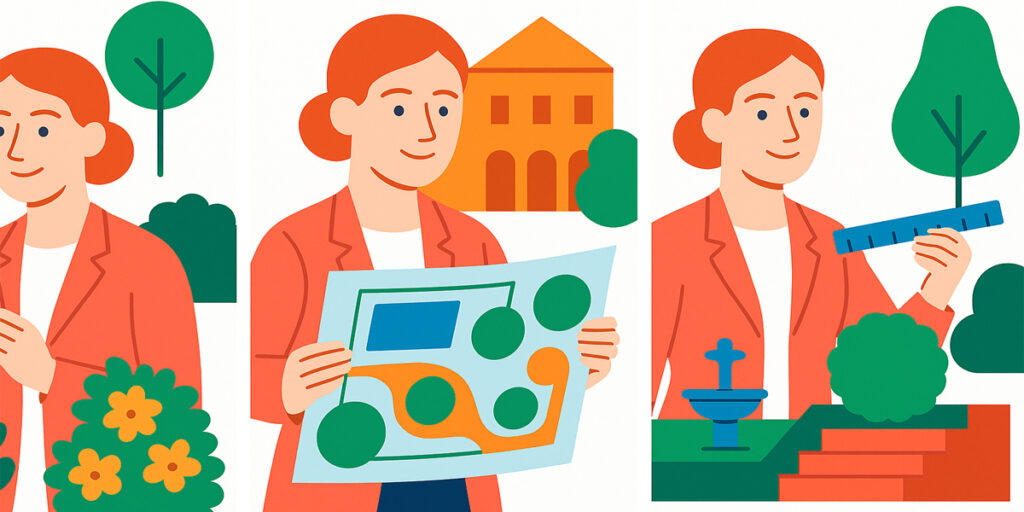A quiet laboratory in Paris echoed with the soft clinks of glass and the gentle buzz of thought. A woman stood there, eyes focused, hands steady, facing the unknown not with fear, but with purpose. Greatness did not cast a shadow over her—it walked beside her. Her name was Irène Joliot-Curie. Born into a world alive with both atomic power and deep emotion, she inherited more than a legacy; she inherited a fire meant not to be held, but to shine even brighter in her own hands.
From the beginning, Irène’s life was woven with brilliance. Her mother, Marie Curie, had opened a door into the mysteries of radioactivity. But Irène was not merely a reflection of that light. She was a force all her own. Even as a child, she moved through the world with a kind of calm curiosity, drawn more to patterns in nature than to stories in books. Her mind danced with numbers, shapes, particles. She asked for microscopes instead of dolls. She studied the stars not as dreams but as challenges to understand.
War came early into her story. When the First World War exploded across Europe, young Irène did not stay in safety. With her mother, she traveled to the front lines—not to fight, but to help. They operated X-ray units in mobile vans, scanning broken bones under fire. She was just a teenager, but already carrying the quiet weight of purpose. She saw pain, injury, destruction—and instead of fear, she learned compassion wrapped in science. Healing could begin with knowledge. And Irène wanted to know everything.
She returned to her studies with new fire. Mathematics, physics, chemistry—no field too complex, no equation too long. Paris pulsed with energy in those years, a city of thinkers and rebels, and Irène stood tall among them. It wasn’t just about intelligence. It was about vision. She believed that science could reshape the world, and she wasn’t content to observe; she was ready to shape it herself.
At the Radium Institute, her path crossed with a young scientist named Frédéric Joliot. They were partners in the lab before they were partners in life. Glass tubes clinked, sparks flew—both literally and metaphorically. Their connection was immediate, intellectual, and deep. They shared more than a name; they shared a mission. Together, they chased secrets locked inside atoms.
Their most astonishing achievement came not through fanfare but persistence. After months of painstaking experiments, Irène and Frédéric created something the world had never seen before—artificial radioactivity. They discovered that by bombarding elements with alpha particles, they could make new radioactive elements. It was like turning base metal into magic, except this magic was measurable, testable, and real.
The implications were enormous. Medicine, industry, energy—the entire structure of society could be changed by understanding and using radioactivity. For this work, Irène and Frédéric were awarded the Nobel Prize in Chemistry. When she held that medal in her hands, it wasn’t just recognition. It was a symbol of generations of curiosity, a continuation of what her parents had begun. But it was also hers, undeniably.
And yet, Irène was never consumed by fame. She returned to the lab, not the stage. She taught, mentored, directed research. Her work never stopped at the experiment. She thought about how discovery could lead to peace, how science must be guided by conscience. She advocated for women in science, not with loud slogans but through her presence—visible, respected, and unshakable.
She raised a family in the midst of her work, blending the rhythms of motherhood and molecules. She proved that brilliance was not a trade-off. That love and learning could co-exist. Her children would grow up watching a woman lead a laboratory, speak at international conferences, and return home with ink-stained fingers from notes and calculations. She was not a symbol—she was a woman, whole and real.
The years passed, and her health began to bear the silent marks of radiation exposure. It was the price of her dedication, the hidden cost of touching forces not yet fully understood. Still, she worked. Still, she dreamed. She believed in a future where science would serve humanity, where knowledge would outshine fear.
Irène Joliot-Curie’s life was not built on explosions of drama but on quiet revolutions. Every page of her notebook, every hour in the lab, every encouragement given to a young student—these were her revolutions. Her legacy was not only in what she discovered, but in how she lived: with purpose, with passion, and with the unshakable belief that knowledge is power, and that power must be used to heal, uplift, and illuminate.
She lit a path not just for scientists, but for anyone daring to reach beyond the known. Her story reminds us that brilliance can be quiet, that courage can look like curiosity, and that the future belongs to those who build it with both hands open to wonder.




















